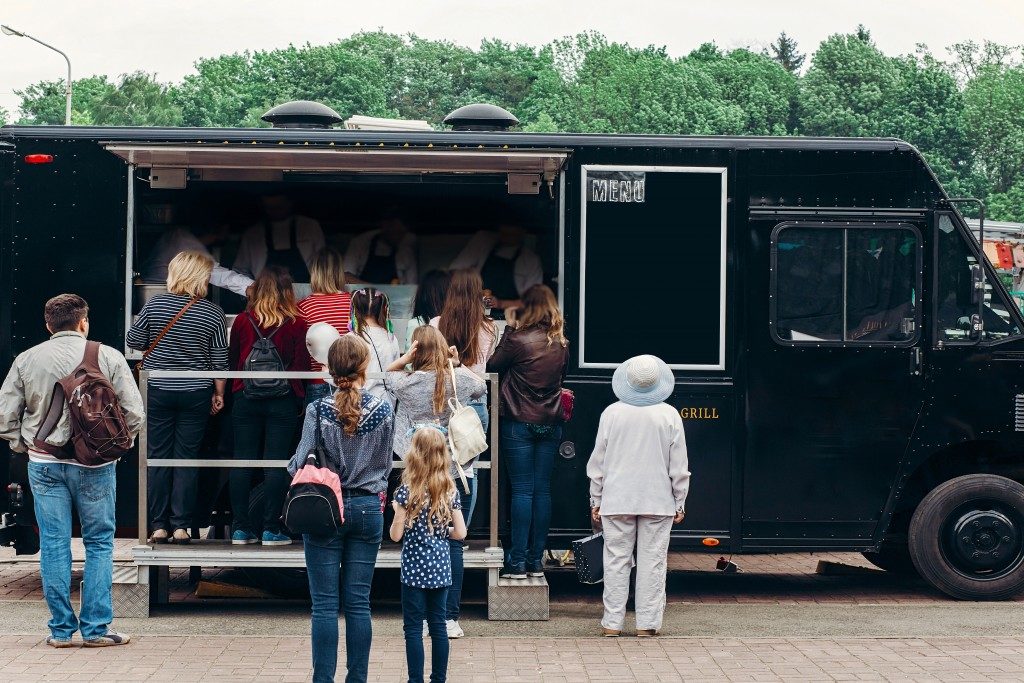Before the pandemic, business travel was one of the few things where business and leisure can converge. Many employees look forward to “bleisure,” as it’s called, to go to faraway destinations for work-related purposes while slipping some personal time in between. If you have ever been on a business trip and brought your spouse or children with you, you’ve been part of the trend.
But 2020 happened, and travel was never the same. To adapt to the effects of the coronavirus outbreak, businesses have implemented flexible working arrangements. Instead of going to other places to meet with important clients or visit a business branch, business owners now rely on virtual meet-ups. Today, video-conferencing for team communication has become the norm.
Not all businesses can thrive on work-from-home setups, though. Some jobs are needed to be done on-site. Manufacturing, construction, retail, and restaurants are among the industries that don’t have the luxury of completing their duties from home. Fieldwork that demands employees to travel still needs to be addressed and accomplished.
With travel restrictions and limited hotel operations, it can be difficult to find safe trips and accommodations for these workers. Fortunately, RVs can be the answer to business travel in the time of COVID-19.
Recreational Vehicles for Business Use
Businesses can take a cue from the medical frontliners who are using RVs for self-quarantine. If field workers have a rough time finding transportation and accommodation in this challenging time, using an RV can be a smart and safe solution.
Because RVs have built-in amenities, business travelers can still practice social distancing and shelter-in-place measures even when they’re on the road. They can drive and park where they need to be, cook their meals inside the RV, and get work done in one place.
Some businesses are also using RVs to deliver their services in this new normal: beauty salons on wheels, traveling pet grooming services, and even mobile bookstores. Today’s customers are home most of the time. Thus, using RVs to make house calls is convenient and helpful in the efforts to curb the spread of COVID-19.
Additionally, it is easy to get RV services whenever maintenance and repairs are in order. RV parks and campgrounds are deemed essential in several states on a case-by-case basis. These places include:
- Texas
- Oregon
- Florida
- Pennsylvania
- Washington
- California
- New York
- Indiana
- Tennessee
If RV’s application for business purposes sounds good to you, there are a few ways to make the most of the experience.
To Rent or To Buy?
As a business, it is crucial to be smart about your expenses, especially with the ongoing pandemic. Integrating a new solution into your business should fit within your budget and offer a better ROI. With cost-efficiency as a priority, the first step in utilizing an RV for business travel is to decide whether you should rent it or buy it.
Key questions to ask yourself are:
- How often will your employees use an RV?
- What type of RV best suits the nature of work?
- Where can you store an RV?
At first glance, renting an RV seems to be the less expensive choice. With RV rentals, you don’t need to provide parking and storage or worry about maintenance. You can also use rentals as a way to try out the RV experience to see if it works for your business.

The average daily rental cost depends on the type and age of the RV. Expect these rates in 2020:
- Class A, 10 years or older: $175 to $275
- Class A, new: $350 to $450
- Class B, 10 years or older: $100 to $200
- Class B, new: $200 to $350
- Class C, 10 years or older: $150 to $200
- Class C, new: $225 to $400
Travel trailers and fifth wheels are cheaper, at $50 to $150 per day for older units and $125 to $300 for newer vehicles.
You need to be aware of the extra charges you can incur on top of the rental fee. These additional expenses include preparation fees, charges for miles that exceed the daily limit, and pickup and drop-off fees, among others. Furthermore, you will still need to pay for fuel and campsite, which is the same as owning an RV.
If essential trips don’t often happen, renting an affordable RV once in a while can be beneficial for pandemic business travel and accommodation. But if you have long-term plans for RV use, it can be less expensive to buy one.
You don’t need to get a brand-new RV. There are plenty of great deals on used RVs, which depend on the vehicle’s age and condition. Once you have purchased an RV for your business, the costs revolve around ongoing maintenance, storage expenses, and insurance premiums.
An RV your business owns offers the flexibility of travel whenever you or your employees need it. You can also customize the RV to your preferences, such as painting it with your company name and logo.
Final Thoughts
Whether you have decided to rent an RV or buy one, a motor home can be an indispensable tool in making business travels and on-site work safer for your workers during the pandemic. Perhaps, it can still take you to the much simpler time of leisures.


